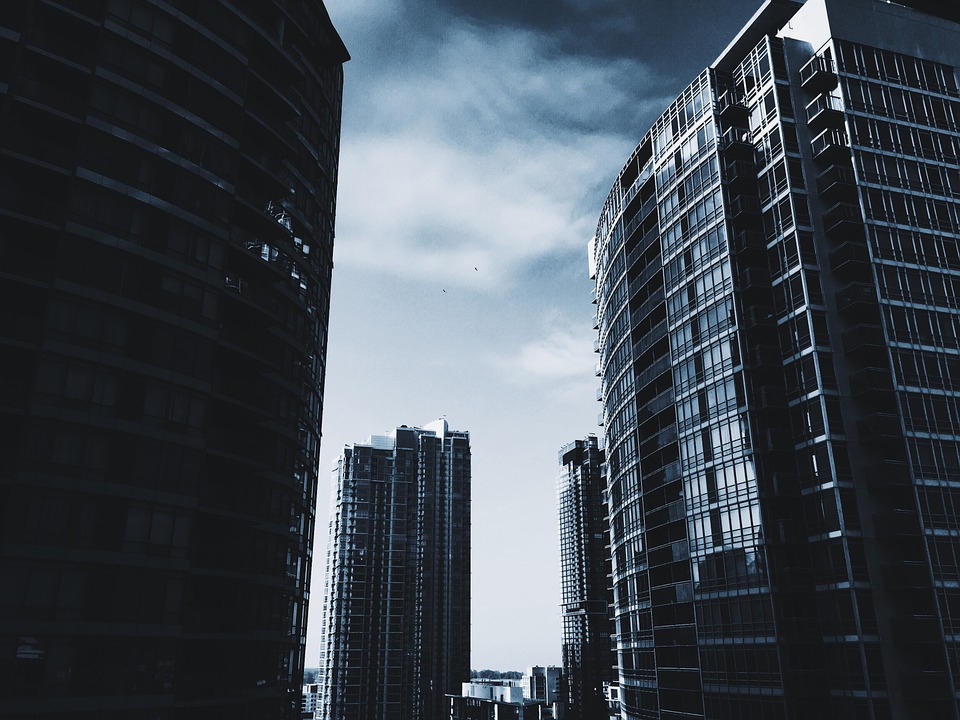If you live in a condo, townhouse, or other strata property, or if you’re thinking of buying one, you may want to get familiar with the term ‘special levy’. A special levy is money collected from strata lot owners for a specific purpose and for a common expense. They are often collected when a large or unexpected repair is required and there isn’t enough money in the contingency reserve fund (the ‘savings account’) to pay for it.
A special levy must be approved by a 3/4 vote resolution of the strata corporation as owners.
Although special levies are sometimes required, they’re used all too often by strata corporations. ‘Special levy’ is a dirty word (two, actually) because it’s often a costly, unfair and unnecessary evil: if proper planning takes place a special levy can be avoided.
A properly funded strata corporation with a depreciation report can anticipate major repairs and set aside funds for them over time. A regular maintenance program will also minimize the frequency and scope of any repairs.
One familiar scenario sees owners vote to keep strata fees artificially low, saving money for current owners and making the strata look attractive to potential home buyers. Low strata fees often lead to an underfunded contingency reserve fund and little money in the annual budget to perform preventative maintenance or hire consultants, such as engineers, to determine what repairs are required and when.
The result is that after 10 or 15 years, a catastrophic failure occurs (perhaps you need to replace vapor barrier on the entire building). The current owners are now on the hook to pay for a large special levy. This is unfair for three reasons:
- it imposes a large special levy on owners over a short period time;
- it unfairly punishes newer owners as they are forced to pay for repairs on components that previous owners enjoyed, yet did not contribute to the cost of repairs; and
- with a catastrophic failure comes additional costs for current owners in the form of premiums for “immediate repairs” as well as any costs associated with borrowing money to pay for said repairs.
Many strata corporations avoid the need for special levies, yet are very well maintained and have few “surprises” when it comes to repairs. Strata corporations can go a long way to avoid nasty surprises and avoid whispering those two dirty words that dare not speak their name (hint: special levy) by doing the following:
- Get a depreciation report drafted by a qualified professional;
- Read and use that report to guide budgets and especially to adjust strata fees;
- Put in place a regular maintenance program;
- Don’t procrastinate. Early intervention can often lead to significant savings down the road with respect to repairs and maintenance;
By being proactive a strata corporation can save money and give the owners and the strata council peace of mind by avoiding nasty surprise repairs.
A well-run strata corporation with a well-funded contingency reserve fund is very attractive to buyers, which helps maintain property values.
For further information, call Silvano Todesco at 250-979-2530.

